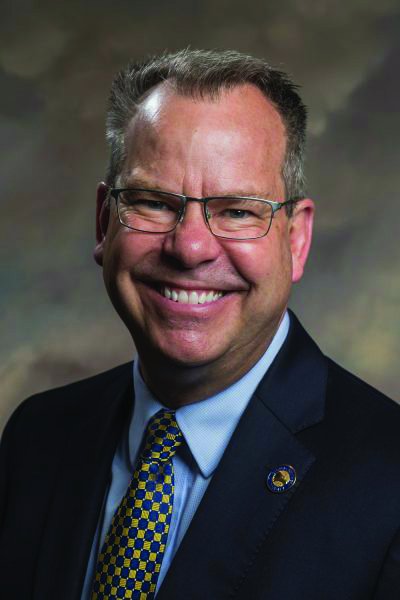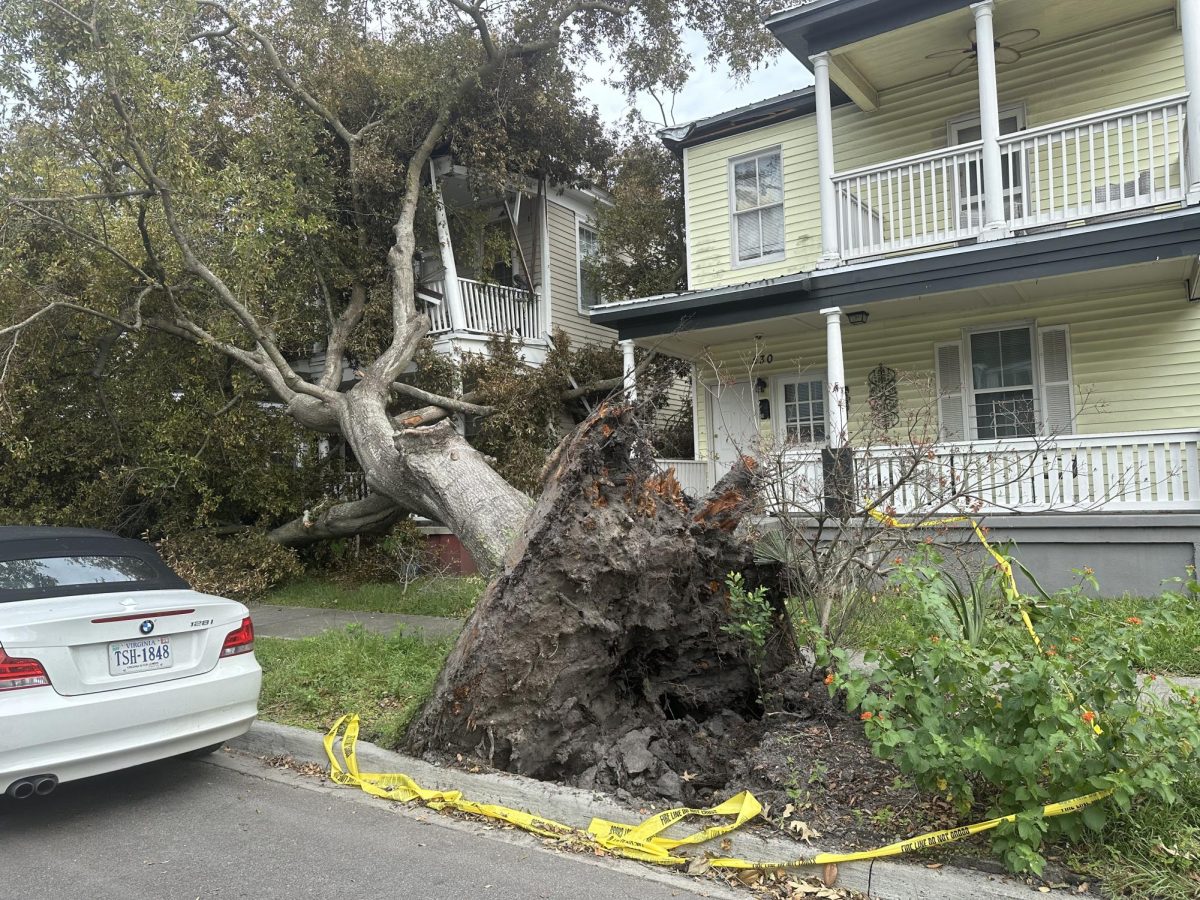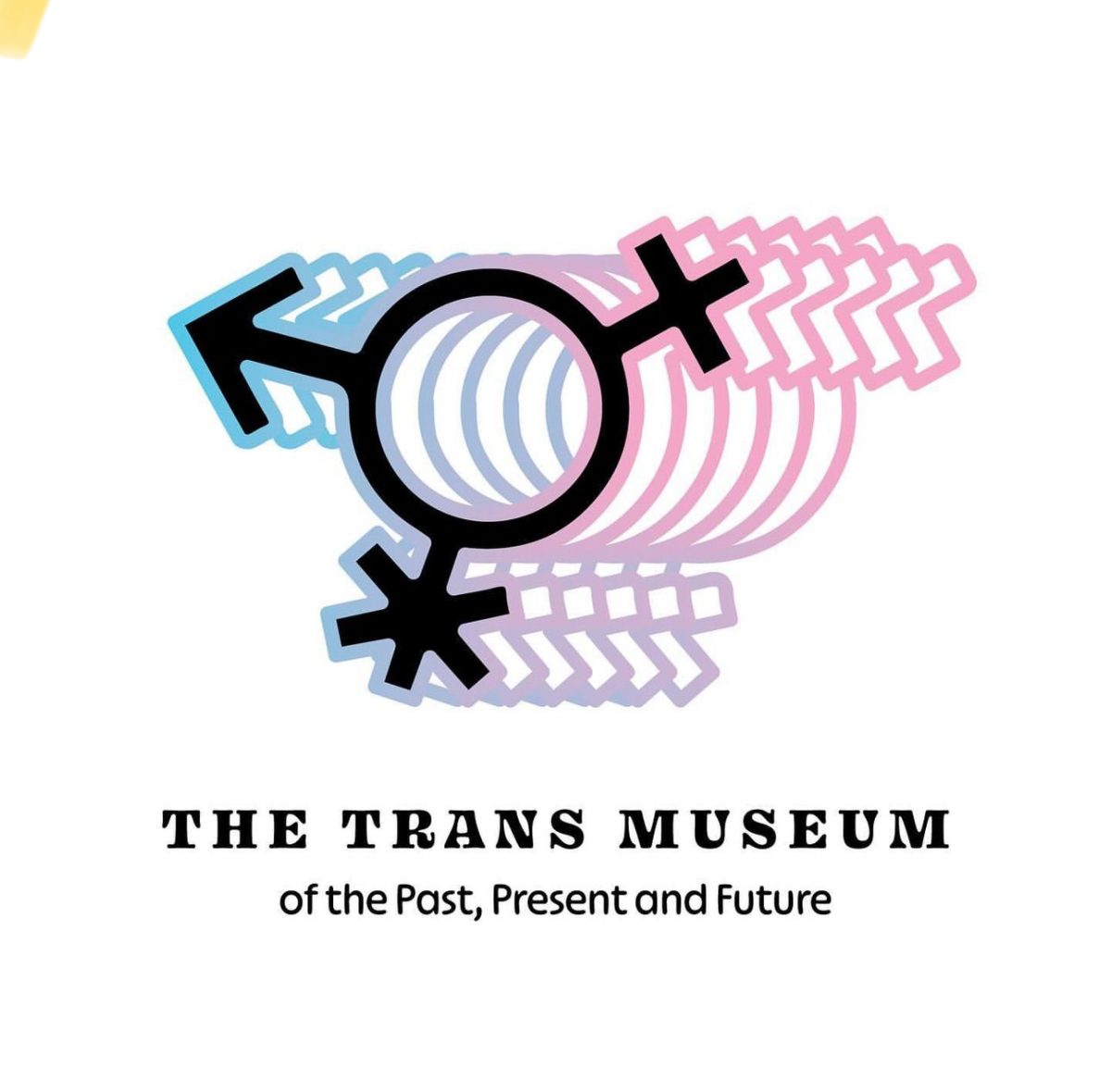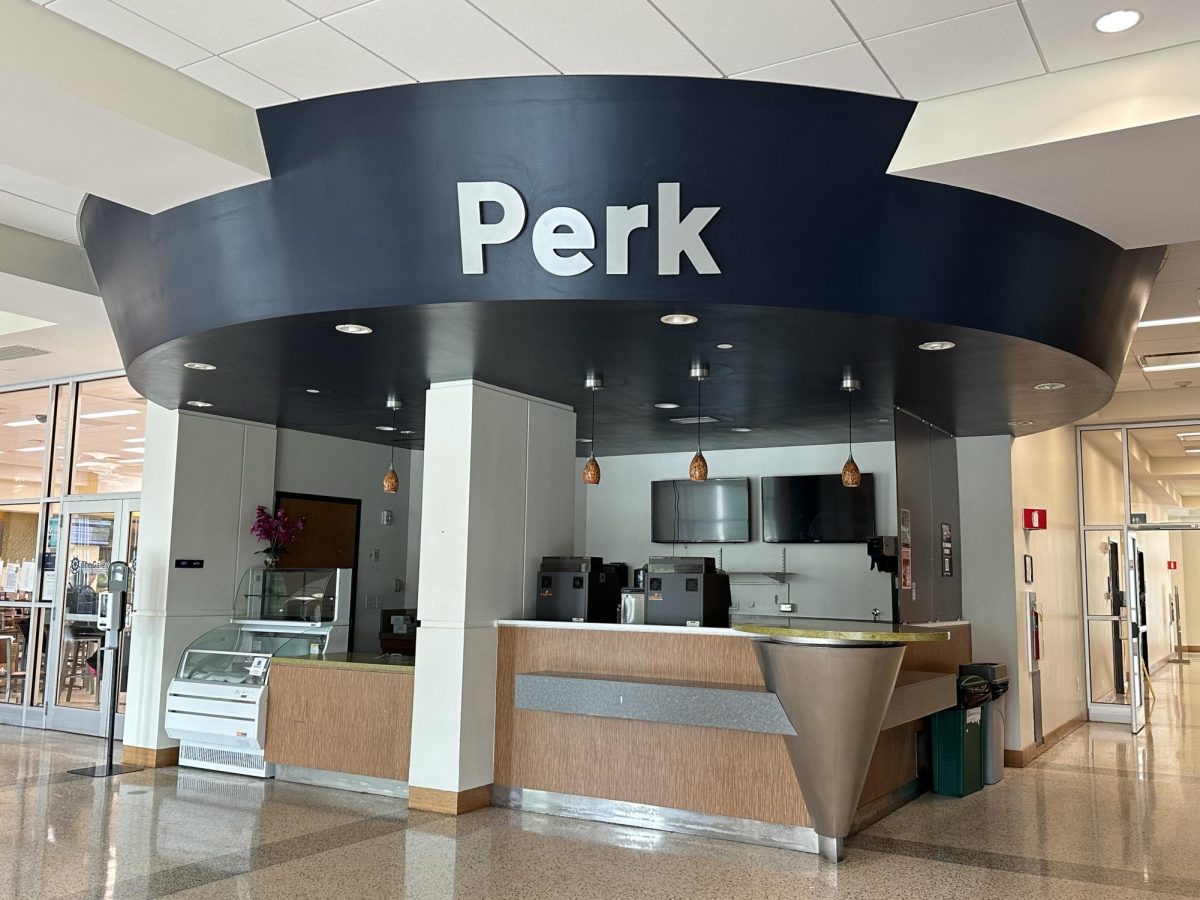Dr. Marrero Talks: Commencement, 5-Year Plan and Inclusive Excellence Report
Madison Watkins, Editor-in-Chief
With October quickly approaching and a hurricane evacuation already disrupting the academic calendar, the fall semester is in full swing. With a new semester comes new updates to the university.

Within the first month of classes, a new commencement plan was announced for the university. Administration announced a new strategic plan detailing how they will unite the three campuses. Lastly, the Inclusive Excellence Report on how the campus community felt (in terms of diversity) was published.
The George-Anne Inkwell Edition sat down with University President Dr. Kyle Marrero and Director of Communications Jennifer Wise to discuss these topics.
Fall Commencement
One of the first questions brought up was why isn’t the university using the Savannah Civic Center for the Armstrong campus commencement ceremony this fall. Marrero responded, “I think parking… is the issue with [the] civic center, just getting access to and into the civic center itself for those guests coming into downtown.”
On whether or not the Civic Center is an option for the Armstrong campus commencement in Spring 2020, Marrero said, “I’ll get a follow up from the committee. I think actually they’re meeting this [last] week to finalize the spring site. We’re even looking at Forsyth Park… but I don’t think it is available as of the last time we checked to do an outdoor ceremony… we should have an answer in the next week or two exactly where it’s gonna be and Civic Center is certainly still an option.”
Hurricane Evacuations
What happens if another hurricane is projected to hit the Chatham County area?
If a storm is projected to hit mainly Savannah, but not Statesboro or Hinesville and we have to close this campus, would just this campus be closed or will it be part of the official procedure to close the University as a whole?
“Well, we’ll always consider all options… There could be scenarios for weather-related events that only one campus would be closed while others are open,” Marrero clarified.
Marrero also stated that students will not have to make up the class days missed due to Hurricane Dorian.
“Because of the folio assignments and our ability to post [online assignments], that keeps us engaged and moving forward. We don’t want to lose another three or four days, but at this point we’re good,” he explained.
5-Year Plan
Next, the new strategic plan was discussed. This 5-Year plan is part of a new strategic plan to aid campus cohesion and establish the new university’s mission and vision. Some students are left wondering, “how does this help me now?” A large amount of the student body will have graduated in five years.
“Strategically, what we know is there’s already progress in place in terms of what we’re doing to expand the student experience and what we’re doing for the programs.
There’ll be new programs as soon as next fall on this campus that’ll bring [a] new market, new student populations to this campus.
What we’ll see… is more integration holistically with the community… and more opportunities we’re inviting Savannah and the region onto the campus. So we’ll see much more of a connection with campus and community…immediately. We [also] want to see further expansion of clubs [and] sports opportunities for students to engage in outside of class.
So, within even the time if you’re a sophomore, you’re going to start to feel that here in this next 12 to 18 months as some of these plans come to fruition,” he elaborated.
Inclusive Excellence Report
The next few questions discussed the Inclusive Excellence Report published by Dr. Damon Williams and his colleagues. One topic frequently discussed in the report when discussing the climate of the Armstrong campus was “the pain of consolidation.” Regarding the feelings voiced in the report and how he can make the Armstrong community feel like a part of the university as a whole,
“With the new strategic plan… it will invite and expand and provide evidence of the value added of what we are as a consolidated institution that will start to see the efforts, the wins, the opportunities that it creates regionally for us all and that’s hard right now,” he said.
From the report, the consolidation leaves people unclear on how they will be personally affected. “That’s the real feelings that people have and how they’ve actually expressed them within a context of a survey mechanism on Diversity Inclusion. It wasn’t surprising but interesting to me that those viewpoints were shared and not necessarily in the confines or questions specific about diversity inclusion but more expressed about their feelings about consolidation still and those are real and it’s important for me to hear them, understand them, empathize and sympathize but more importantly, it’s for my job to set the vision and direction of the future and what that’ll mean their value added and why they’re still so important to the success of the institution… From the inclusion report from Dr. Damon Williams… if you looked across a constituency basis in that report of students, faculty, and staff almost across every question that you could benchmark with our Statesboro or even our Liberty campus colleagues and students and staff you would see that Armstrong had more negative perceptions in other words across the board…
I have a learning network I meet with once a month which are faculty and staff on all three campuses that are my sounding board… I posed the question to think the scores that showed a more negative perception based from the Armstrong campus on diversity inclusion issues were true to the issue of diversity inclusion or more of a reflection of just still feeling, for lack of a better term, done to on consolidation or a negative context of consolidation.
It was an interesting dialogue because… some of those comments had nothing to do with diversity inclusion, they were more [about] how they feel and I think that was bottled up at least what I got back from my learning network was people haven’t had a chance perse in a survey mechanism to voice their concerns.”
In February 2020, GSU will launch the first full institutional climate and engagement survey open to every faculty and staff member. One of the recommendations in the report for the university to better itself is to lift up the strategic campus integration journey across Statesboro, Armstrong and Liberty campuses by getting senior leadership engaged in conversation about one university and one heartbeat, particularly at Armstrong. Marrero said they plan to move forward with more specific open forum town hall meetings to improve morale.
Williams will be returning in October to evaluate the town hall meetings as feedback on the report. The George-Anne Inkwell Edition will hold monthly interviews with Marrero. If you have questions for him, send them to us at chief.inkwell@gmail.com.







